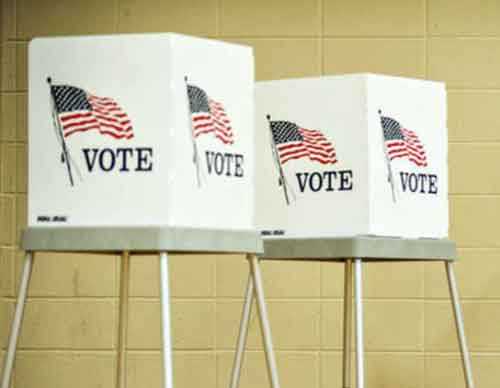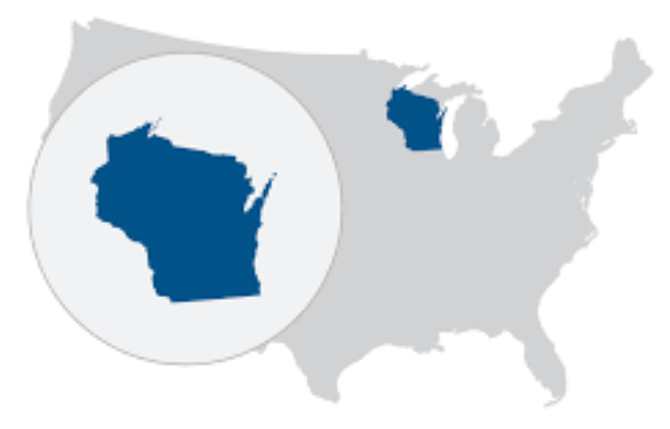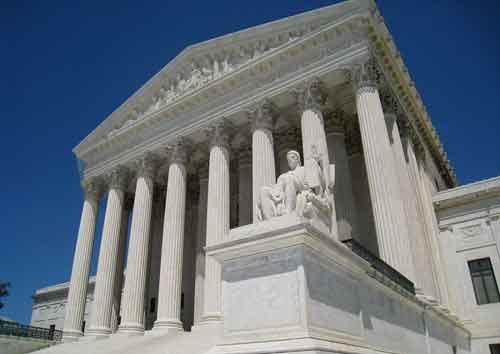 The U.S. Supreme Court has blocked a new law requiring voters to provide photo identification.
The U.S. Supreme Court has blocked a new law requiring voters to provide photo identification.
The ruling Thursday coincided with a ruling on the same day by a federal judge in Texas striking down a Texas law that voters must provide photo identification at the polls.
Both rulings mean that voters in Wisconsin and Texas will not be required to show photo identification before voting in the November elections.
Both states, as well as other states, have argued they need the laws to prevent voter fraud.
Voter ID law critics say the laws are discriminatory and disproportionately affect minorities.
U.S. District Judge Nelva Gonzalez Ramos of Texas said in her ruling that a photo identification law “creates an unconstitutional burden on the right to vote, has an impermissible discriminatory effect against Hispanics and African Americans and was imposed with an unconstitutional discriminatory purpose.”
She said the measure “constitutes an unconstitutional poll tax.”
The rulings come less than four weeks before U.S. citizens go to the polls to choose all 435 members of the House of Representatives for two-year terms, and 33 of the 100 senators for six-year terms.







